Using the Edelman Trust Barometer to Grow Your Brand
7 MIN READ
Consumers, as we’ve known them, are radically changing. The marketing landscape has shifted, and the importance of trust and the influence of Gen Z consumers is exploding. While these significant changes may feel surprising, data trends have pointed to this reality for several years, but 2023 has proven to be the tipping point. Now a marketing strategy centered on trust and Gen Z is no longer a nice-to-have but a must-have for all brands if they want to stay relevant.
The new Edelman Trust Barometer report illustrates this tipping point, providing valuable insights to understand how people are thinking about their purchases and the world around them. The latest report looks at the impact of trust on brand and consumer relationships; the relationship between influencers, consumers, and brands; the new purchase funnel; Gen Z as consumers; and how they’re all interconnected.
With this data and other recent trends in mind, now is the time for brands to rethink how they’re engaging with consumers.
EDELMAN TRUST BAROMETER FOR 2023
The Current Climate
In today’s world, consumers feel extremely vulnerable. They are worried about a variety of factors across the entire spectrum of social, political, and economic issues. The topics that are top of mind include climate change, discrimination, treatment of employees, wealth gap, immigration, and polarization. To ease these fears, consumers are looking toward brands and institutions as a way to feel safe and secure. However, before they’re willing to fully trust a brand and the information they provide, consumers first put these institutions through a rigorous vetting process.
Consumer Behavior
How exactly do consumers vet these brands? It all comes down to trust and values. Institutions, like the government and media, were once the gold standard for reliable information but are now considered largely untrustworthy. Even trust in influencers has declined by 81%. In fact, the Edelman Trust Barometer 2023 reveals that business is the only institution currently seen as competent and ethical, ushering in the age of the discerning customer.
This new age of customers has changed the way they buy. 68% are more price conscious, while 58% both make fewer impulse purchases and do more research before they buy. But if you earn their trust? Price becomes less of a factor in their buying decisions.
Beyond their economic values, consumers also expect much more from brands and their behavior. The majority of consumers report brand trust as being more important today than ever before and will show their loyalty by buying or advocating for brands based on beliefs and values. Data shows that as brand loyalty becomes stronger, consumers are more willing to stick with a brand even if the company makes a mistake. Quietly staying behind the scenes is not enough anymore.
Not only are businesses expected to speak out, but CEOs are expected to improve economic optimism and weigh in on issues. However, these expectations still require brands and leaders to do so with their consumers’ best interest truly at heart. Before making any statement, it’s important to keep in mind the three core elements of trust that consumers use to judge businesses.
Competence: Is the brand able to effectively meet consumer expectations during interactions?
Ethical Behavior: How do they treat both customers and employees? Do they do good in the world?
Relevance: Does the brand align with a customer’s lifestyle?
Beyond the Consumer
It’s not just the consumer putting this pressure on businesses. Employees are too, with 69% saying that having a societal impact is a strong expectation or deal breaker when considering a job. People want their jobs to align with their personal values. A career is no longer seen as a paycheck, but rather any opportunity to do meaningful work and have a greater purpose. Besides the way people want to feel in their work, they also expect their employer to address social problems, stop specific business practices if employees object, and have a CEO who addresses controversial issues that the employees care about.
We rely on our workplace for meaning and trust so much that consumers currently rank CEOs and coworkers as some of the most trustworthy groups. Aside from the workplace, we also trust the people in our community, neighbors, and scientists. These are the people we look towards to see what brands they favor and base our purchase decisions on their preferences.
What Does This Mean for Companies?
Both consumers and employees look to companies to be leading voices. When brands act, consumers respond. This puts the onus on brands to live up to expectations. And those expectations are great.
With brand reputation inextricably linked to sales, the purchase funnel has completely changed, moving from a one-way, linear conversation that resulted in purchase to a loop with numerous access points.
While consumers are doing more research before they buy, that research is based more on external factors (those interactions with individuals in their lives, how the brand presents in the media, etc.) than their direct engagement with a brand. With this new model, it is the purchase that now kicks off the consumer’s continued interaction with a brand, rather than consumers engaging in a series of stages (awareness, consideration, conversion) that end in that purchase. In fact, 78% of consumers say that they uncover things that attract them to a brand and drive loyalty after the first purchase.
Now that the consumer’s first true touchpoint with a company is the purchase, the brand must create a sustained, ongoing relationship with its customer in order to build attraction and trust. Customers will consume brand content, participate in brand activities, connect on social media, and share feedback because it gives them opportunities to evaluate a brand beyond its product, save money with discounts, and learn more about the company. With this new purchase loop, a company’s action earns trust and that trust drives growth.
Is It Just Gen Z?
While Gen Z exhibits the strongest inclinations around brand trust and considering company purpose when buying, that doesn’t mean a brand can ignore this audience if they have a different target customer. Gen Z is driving the purchase habits of consumers across generations. 68% say that Gen Z influences where and how they shop, reminding them to question a brand’s ethics before making a purchase.
HOW TO BUILD BRAND TRUST
Now it’s time to determine what actions your brand should be making. While it might sound intimidating to adjust to this new marketing landscape, the steps you take are both necessary and more easy to adopt than you might suspect.
Employ empathetic marketing.
Empathetic marketing recognizes, understands, and appeals to the role that emotions and human values have in the decision-making process. The more your brand comms and marketing messages speak to what your consumers truly care about (rather than being heavily product or brand focused), the more you build that trust loop. Don’t know where to start with empathetic marketing? Download our free eBook with the exact steps to take to become a better empathetic marketer and build meaningful connections with your target audience.
Don’t virtue signal
While passivity is no longer an option, this doesn’t mean you should rush to advocate for every social issue. By jumping on the bandwagon and posting a social post about your company’s stance on an issue, you risk being seen as a virtue signaler who doesn’t take action—and action is the key to building trust. Instead, start the work internally and identify ways you can take action to support the values of your customers and employees. Once these initiatives are in place, begin conscientiously advocating for the issues and values relevant to your brand. At the end of the day, taking a stand isn’t worth much if it doesn’t come from a place of action.
Involve your employees
Employees want to be heard, and they want to be part of the solution. Rather than focusing on sporadic employee surveys, develop a system that relies on continuous listening and feedback to help you understand employee stances on issues. Empower employees to engage with company leaders and each other. As employees build trust with their leaders, they’ll advocate for your brand from the inside out.
Work with Gen Z
Even if your target consumer does not fall within this demographic, Gen Z can unlock consumer action at scale. Beauty and fashion trends on TikTok are a great example of this. Gen Z content creators will identify a trend, talk about it on the platform, and then the beauty trend is adopted by older generations. Hailey Bieber may have popularized “glazed donut nails,” but millennials and Gen X kept the trend going.
Rethink your customer journey
It’s time to focus on trust being your growth engine and reimagine your customer journey. Remember, the purchase is now the starting point of a customer journey, so how are you going to create a continuous loop of brand action and engagement? What will this look like in your brand comms, media, social media, and activities? Making these changes will be the key to unlocking growth.
We know this sounds like a lot, but now is the time to rip off the band-aid and get reacquainted with the marketing landscape. Whatever first step you decide to take will set your brand up for success and consumer behaviors continue to evolve. If you have questions or want to learn more about how we can support you in building a brand strategy that drives action, reach out to us via our contact form.














